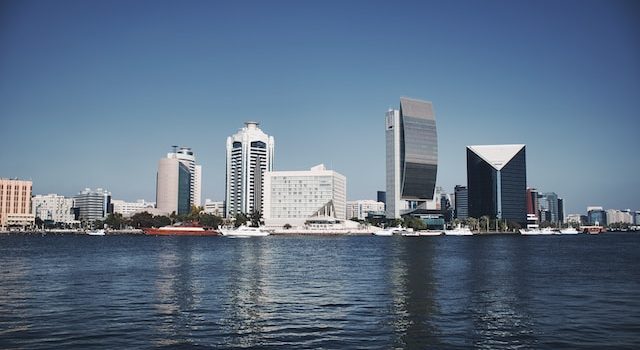
Introduction:
As the population in the southwestern United States continues to grow, urbanization is placing increasing pressure on the already strained water resources of the Colorado River. This report investigates the impact of urbanization on the river and its consequences for water availability in the region.
1. Rising Water Demand:
Urbanization brings with it a surge in water demand for domestic, industrial, and commercial purposes. As cities expand, the need for water for households, businesses, and public infrastructure increases. This heightened demand adds to the strain on the Colorado River, which already struggles to meet the needs of various sectors, including agriculture and electricity generation.
2. Land Development and Runoff:
The rapid growth of urban areas often involves extensive land development and construction. Impervious surfaces such as roads, parking lots, and buildings prevent water from naturally infiltrating into the ground. Instead, rainwater runoff collects pollutants and flows directly into the river, contributing to water quality degradation. Urban planning strategies that prioritize green spaces and incorporate sustainable stormwater management systems can help mitigate the negative impacts of urban runoff on the river.
3. Groundwater Depletion:
As urban areas expand, there is a heightened reliance on groundwater sources to meet water demands. Excessive groundwater pumping can lead to aquifer depletion, which in turn affects the flow of the Colorado River. The interconnectedness between surface water and groundwater highlights the need for sustainable groundwater management practices to ensure the long-term health of the river.
4. Water Conservation and Efficiency:
Efforts to address the impact of urbanization on the Colorado River must include water conservation and efficiency measures. Encouraging residents and businesses to adopt water-saving practices, such as installing efficient fixtures and implementing water reuse systems, can help reduce overall water demand. Additionally, education and awareness campaigns can promote responsible water use and foster a culture of conservation within urban communities.
5. Collaborative Solutions:
Tackling the challenges posed by urbanization requires collaboration among stakeholders, including government agencies, water utilities, and the public. Integrated water management strategies that consider the needs of both urban and rural areas can help balance water allocation and prioritize sustainable water practices. Building partnerships and engaging in dialogue between urban centers and the communities along the Colorado River Basin are crucial steps toward achieving water security for all.
Conclusion:
The rapid urbanization occurring in the southwestern United States presents a significant challenge for the already stressed Colorado River. Increasing water demand, urban runoff, and groundwater depletion are among the pressing issues resulting from urbanization. By implementing effective water conservation measures, promoting sustainable land development practices, and fostering collaborative solutions, we can work towards mitigating the detrimental effects of urbanization on the Colorado River. It is crucial that we strike a balance between urban growth and responsible water management to ensure the long-term sustainability of this vital water resource for future generations.










